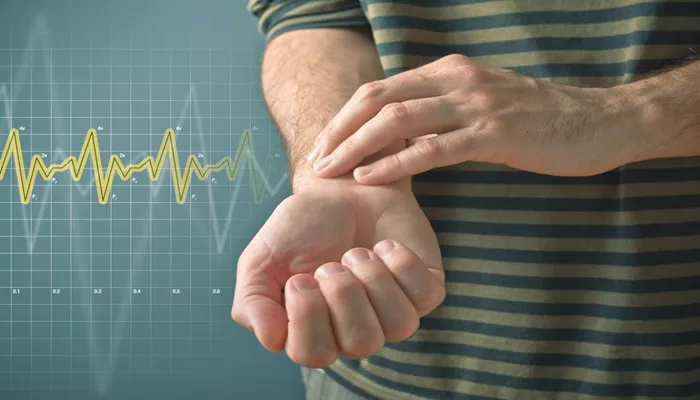The University of Iowa Health Care (UIHC) has introduced two groundbreaking minimally invasive heart valve procedures aimed at improving the lives of patients suffering from heart valve issues. One of these procedures is already in use, while the other is expected to be available later this year.
The new treatments are specifically designed for patients with tricuspid valve regurgitation, a condition where blood flows backward through the heart’s right chamber due to a malfunctioning valve. This disorder can be congenital, or develop later in life due to infections or other underlying health conditions, according to UIHC.
The first procedure, currently available, involves a minimally invasive tricuspid valve repair. This treatment uses a catheter to guide small clips onto the valve, restoring proper function and reducing the backward flow of blood. The second procedure, set to launch later this year, is a more invasive valve replacement surgery, in which surgeons replace the faulty valve with a new one.
These innovative procedures are particularly beneficial for patients with weakened health, offering an alternative to traditional, invasive heart surgeries. They also provide a potential substitute for daily medications commonly prescribed to those with serious heart conditions.
Dr. Mohammad Bashir, a cardiothoracic surgeon at UIHC and surgical director of the structural heart disease program, highlighted the near-zero recovery time for patients undergoing the catheter-based repair. Patients have reported significant improvements in their health following the procedure, despite it being less invasive than traditional open-heart surgery.
Tricuspid valve regurgitation often leads to symptoms like fluid buildup in the legs and other extremities, shortness of breath, and blisters, which can severely affect a patient’s quality of life. These symptoms arise as the heart becomes less efficient due to the backflow of blood, which disrupts normal circulation.
While the new technologies are costly, Dr. Bashir emphasized that the benefits outweigh the risks. “If a patient can benefit from the procedure, and the potential benefits exceed the risks, that should be the path they pursue,” he said. He also noted that, as with most new healthcare technologies, costs are expected to decrease over time.
“The hope is that as more data is collected, we will see a reduction in costs,” Dr. Bashir added. He pointed out that gathering data on the long-term effects of these procedures will be crucial in understanding their impact on patient health and the healthcare system at large.
Dr. Phillip Horwitz, an interventional cardiologist and executive director of the UIHC Heart and Vascular Center, stressed the importance of these procedures for patients who are not candidates for traditional surgeries. As healthcare continues to evolve, these minimally invasive treatments offer new hope for a population that would otherwise have limited options.
UIHC’s innovations represent a significant step forward in the treatment of heart valve diseases, offering patients a safer, less invasive path to improved health and quality of life.
Related topics:


